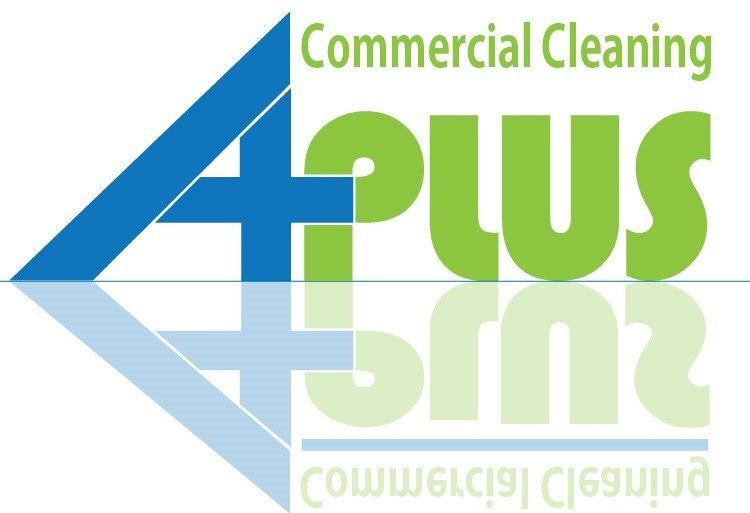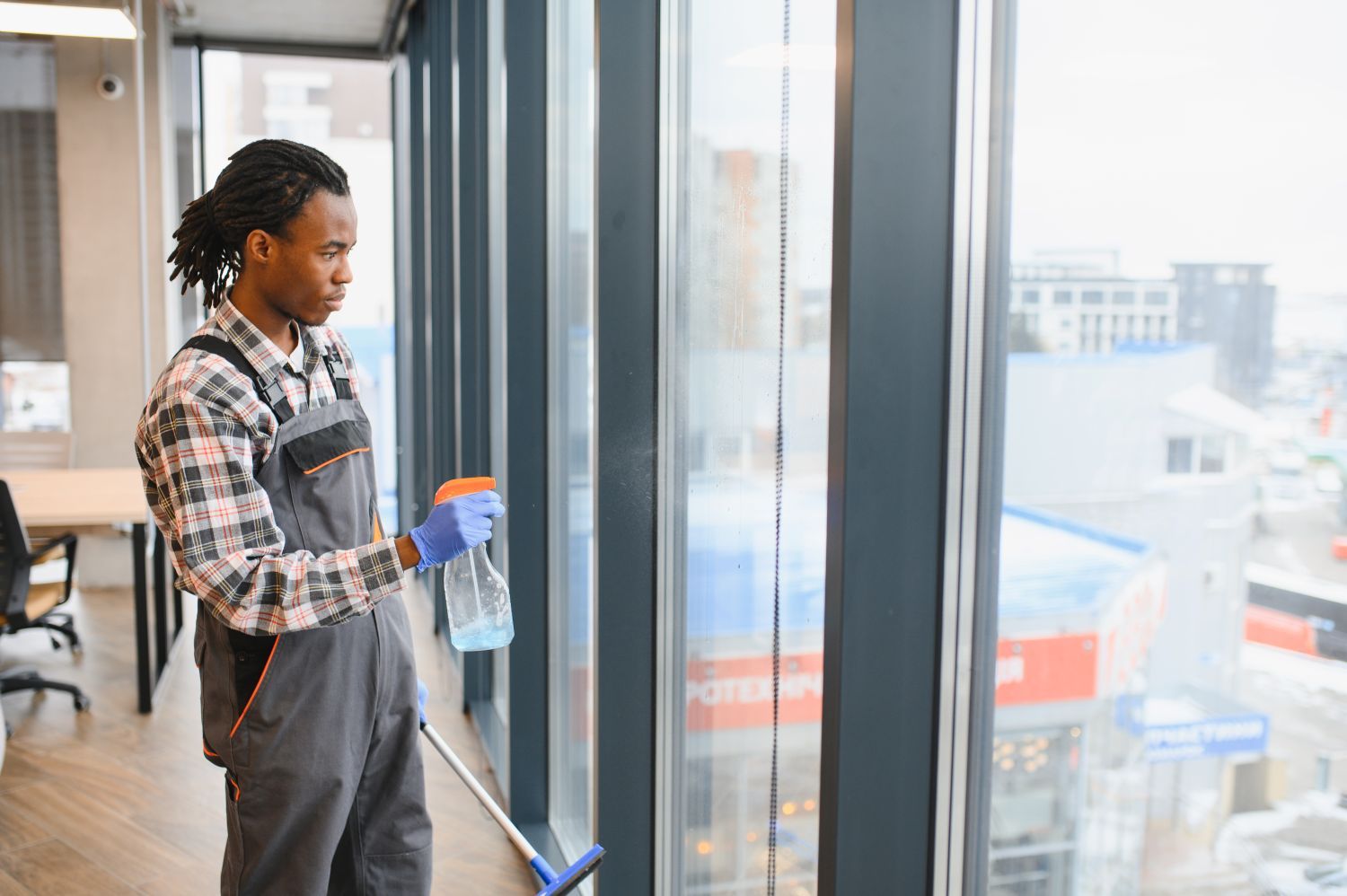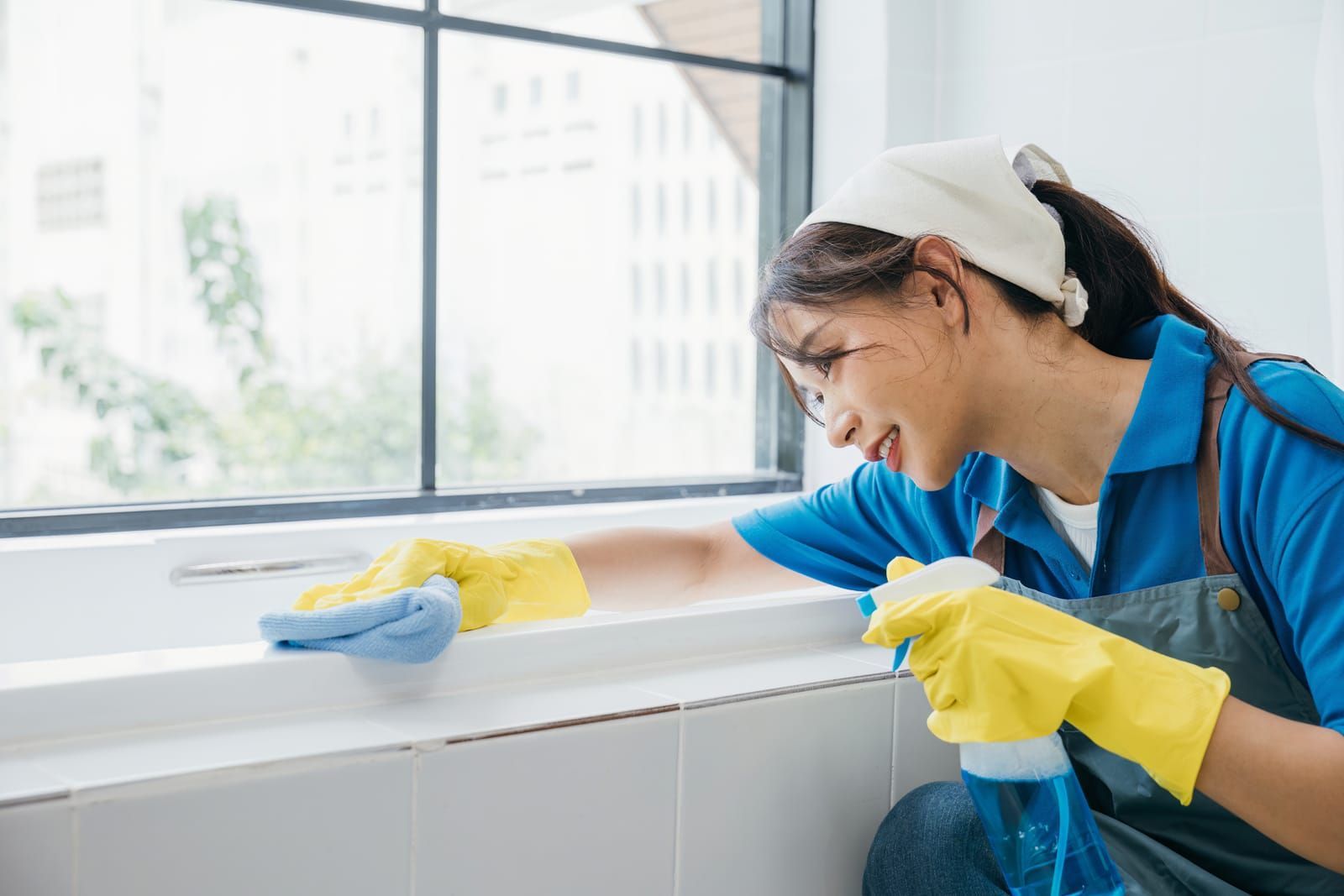How to Create a Customized Cleaning Plan for Your Business
Keeping your workspace clean and organized is probably high on your priority list. A clean office not only creates a healthier environment but also boosts employee morale and leaves a great impression on clients. But every business is different, so a one-size-fits-all cleaning routine won’t cut it. That’s why creating a customized cleaning plan tailored to your specific needs is essential.
Why You Need a Customized Cleaning Plan
Not all offices are the same. The type of work you do, the number of employees, office layout, and even the industry you’re in all affect how often and what kind of cleaning is needed. For example, a medical office requires more frequent sanitation than a small tech startup.
A customized cleaning plan helps you:
- Prioritize high-traffic or high-touch areas
- Manage cleaning frequency based on actual needs
- Control cleaning costs by focusing resources efficiently
- Ensure compliance with health and safety guidelines
Below is a step-by-step guide to building a cleaning plan tailored to your office’s unique needs.
Step 1: Assess Your Space
Start by taking a close look at your office space. Walk through every area and ask yourself:
- Which spaces get the most use? (e.g., break rooms, restrooms, conference rooms)
- Are there any areas that require special attention? (e.g., kitchens, shared equipment)
- What surfaces are frequently touched? (doorknobs, keyboards, light switches)
- Do you have any regulatory or industry-specific cleaning requirements?
Make notes of everything so you can address these points in your plan.
Pro Tip: Get employee feedback—they’ll point out issues you might miss!
Step 2: Set Cleaning Priorities and Frequencies
Next, decide how often each area needs cleaning. Some spots might need daily attention, while others can be cleaned weekly or monthly.
Example Priority List:
🔹 Daily: Vacuuming, trash removal, disinfecting surfaces
🔹 Weekly: Window cleaning, sanitizing microwaves/fridges
🔹 Monthly: Carpet shampooing, air vent maintenance
Setting clear frequencies helps keep the office consistently clean without wasting time or money.
Step 3: Choose the Right Cleaning Methods and Products
Different surfaces and areas require different cleaning methods and products. For instance:
- Use disinfectants approved to kill viruses for restrooms and kitchens.
- Consider eco-friendly or hypoallergenic products if employees have sensitivities.
- For electronics like keyboards and phones, use gentle cleaners that won’t cause damage.
If you’re working with a cleaning service, discuss these preferences up front.
Step 4: Assign Responsibilities
Decide who will handle each cleaning task. This could be an in-house team, an outsourced cleaning company, or a combination of both. Clear responsibilities prevent tasks from being overlooked.
You can create a simple checklist or schedule to keep track of what needs to be done and when to do it.
Pro Tip: Use a color-coded schedule (e.g., red for urgent tasks) to keep everyone on track.
Step 5: Set a Realistic Budget
Costs depend on:
- Office size
- Cleaning frequency
- In-house vs. outsourced labor
Money-Saving Hack: Focus spending on high-impact areas (like restrooms) and reduce low-priority tasks.
Step 6: Implement & Communicate the Plan
Roll out your plan with:
- A cleaning checklist (digital or printed)
- Training sessions for staff/janitorial teams
- Clear expectations (e.g., "Wipe down desks every Friday")
Step 7: Monitor and Adjust Your Plan
A cleaning plan isn’t set in stone. Once implemented, track what’s working and what’s not with:
- Employee surveys
- Inspection logs
- Adjustments for seasons/events (e.g., flu season deep cleans)
Sample Custom Cleaning Plan Template
| Area | Task | Frequency | Responsible Party |
|---|---|---|---|
| Lobby | Disinfect door handles | Daily | Cleaning staff |
| Breakroom | Clean microwave | Weekly | Employees |
| Restrooms | Restock supplies | Daily | Janitorial team |
Bonus Tips for Office Managers
- Communicate with your team: Let employees know about the cleaning plan so they can contribute by keeping their own spaces tidy.
- Plan for emergencies: Have protocols ready for situations like flu outbreaks or spills.
- Leverage technology: Use scheduling apps or software to streamline task management.
Start small—test your plan for a month, then refine it. The best cleaning plans evolve with your business!
For a free consultation or quote, contact A Plus Commercial Cleaning. We provide tailored, effective cleaning solutions designed specifically for your industry.


